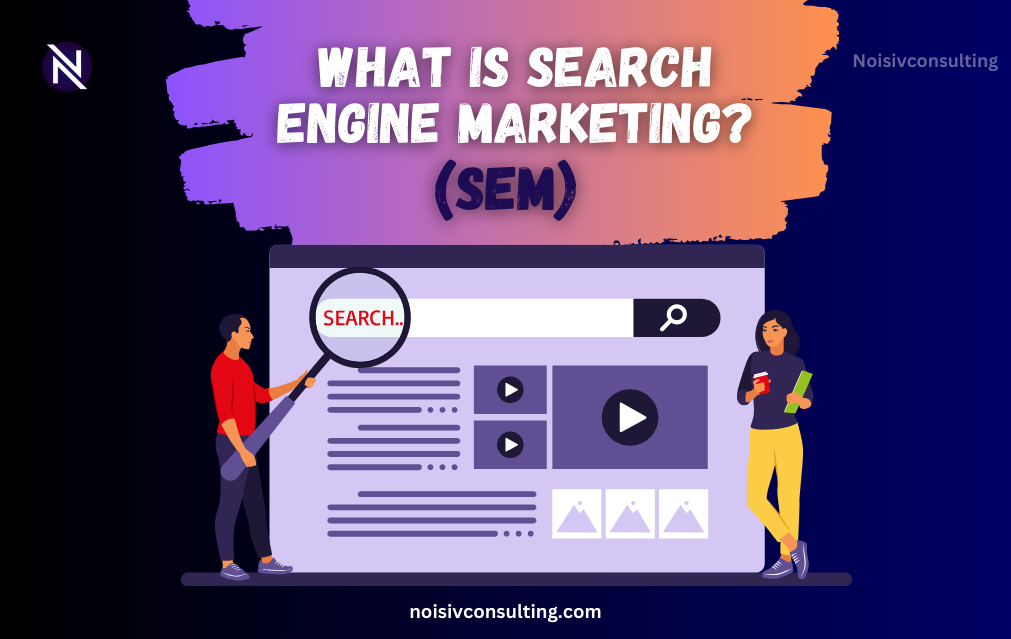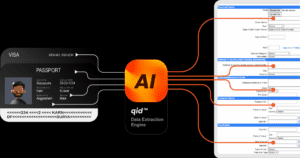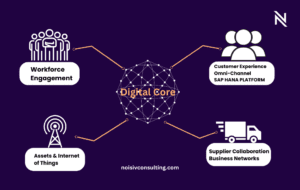Search Engine Marketing (SEM) is a digital marketing strategy that involves promoting websites by increasing their visibility in search engine results pages (SERPs) through paid advertising and optimization techniques. SEM primarily focuses on improving a website’s visibility in search engine results for relevant keywords and phrases, thereby driving targeted traffic to the website.
Paid Search Advertising (PPC):
- SEM often involves Pay-Per-Click (PPC) advertising, where advertisers bid on keywords relevant to their target audience. When users search for those keywords, the ads appear at the top or bottom of the search engine results page. Advertisers only pay when users click on their ads.
- Ad platforms like Google Ads (formerly known as Google AdWords) and Bing Ads allow advertisers to create and manage PPC campaigns. These platforms offer tools for keyword research, ad creation, bid management, and performance tracking.
Keyword Research:
- Keyword research is a fundamental aspect of SEM. It involves identifying the keywords and phrases that users are likely to use when searching for products, services, or information related to your business.
- Effective keyword research involves analyzing search volume, competition level, and relevance to your target audience. Tools like Google Keyword Planner, SEMrush, and Moz Keyword Explorer are commonly used for keyword research.
Ad Copy and Ad Extensions:
- Crafting compelling ad copy is crucial for PPC campaigns. Advertisers need to create concise, relevant, and persuasive ad copy that entices users to click on their ads.
- Ad extensions enhance the visibility and relevance of ads by providing additional information such as site links, callouts, location information, and structured snippets. Utilizing ad extensions can improve ad performance and user engagement.
Quality Score and Ad Ranking:
- Search engines like Google use algorithms to determine the placement of ads in search results. Quality Score is a metric used by Google Ads to evaluate the relevance and quality of ads, keywords, and landing pages.
- Quality Score is influenced by factors such as click-through rate (CTR), ad relevance, landing page experience, and historical performance. Higher Quality Scores can lead to better ad rankings and lower costs per click.
Landing Page Optimization:
- Landing pages are the web pages where users are directed after clicking on ads. Optimizing landing pages for relevancy, clarity, and user experience is essential for maximizing the effectiveness of SEM campaigns.
- A well-designed landing page should align with the ad’s messaging, provide valuable information, have clear calls-to-action (CTAs), and load quickly on all devices.
Conversion Tracking and Optimization:
- Conversion tracking allows advertisers to measure the effectiveness of their SEM campaigns by tracking actions such as form submissions, purchases, or phone calls generated from ad clicks.
- By analyzing conversion data, advertisers can optimize their campaigns for better performance, adjust bidding strategies, refine targeting, and allocate budget more effectively.
Overall, SEM is a dynamic and data-driven marketing approach that combines paid advertising with strategic optimization techniques to increase a website’s visibility in search engine results and drive qualified traffic and conversions. It requires ongoing monitoring, testing, and refinement to achieve optimal results and maximize return on investment (ROI).








